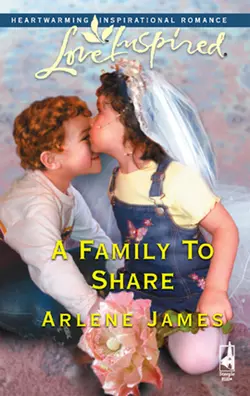A Family To Share

Arlene James
Тип: электронная книга
Жанр: Современные любовные романы
Язык: на английском языке
Стоимость: 458.46 ₽
Статус: В продаже
Издательство: HarperCollins
Дата публикации: 16.04.2024
Отзывы: Пока нет Добавить отзыв
О книге: A Family To Share, электронная книга автора Arlene James на английском языке, в жанре современные любовные романы